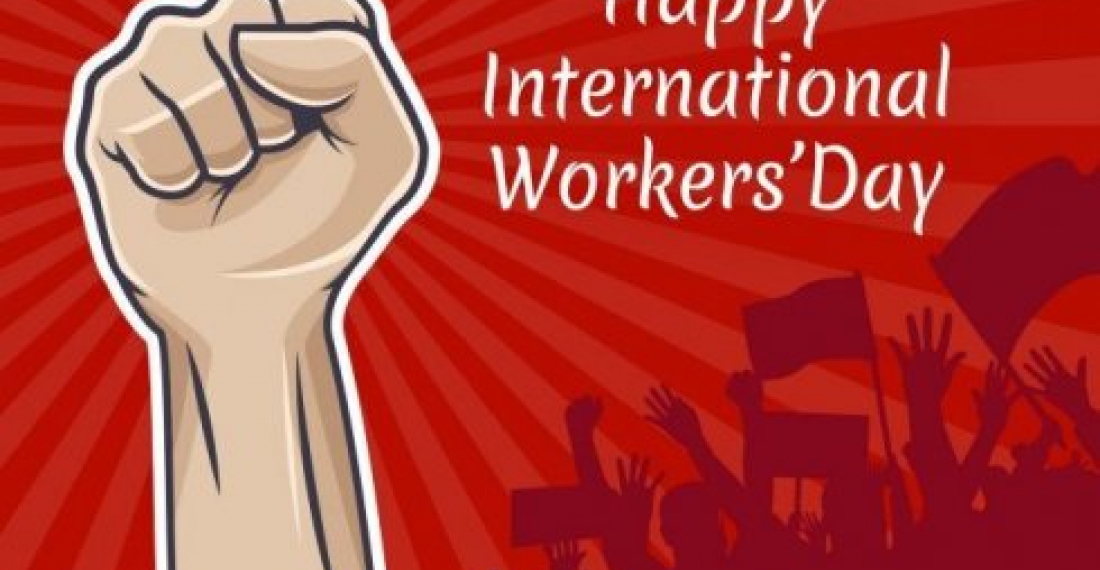1 мая отмечается во всем мире как Международный день трудящихся или День труда.
День труда или день 1 мая празднуют люди из рабочего класса и их вклад в развитие общества, и во многих странах это ежегодный государственный праздник. Праздник берет свое начало в профсоюзном движении в США XIX века, когда промышленники эксплуатировали рабочий класс и заставляли их работать до 15 часов в день. Рабочие восстали против этой эксплуатации и потребовали оплачиваемые отпуски, надлежащую заработную плату и перерыви для рабочих. Восьмичасовое рабочее движение требовало восьми часов на работу, восьми часов на развлечение и восьми часов на отдых.
Тема Дня труда 2019 года - «Объединение трудящихся для социально-экономического развития». День труда или Первомай отдает дань тяжелому труду трудящихся всего мира и в этот день празднуют их достижения.
Во многих странах будут проходить митинги и демонстрации, чтобы отметить борьбу рабочего класса и солидарность с рабочим классом во всем мире. В некоторых странах события будут происходить на фоне запугивания и преследования со стороны правительства.
Первомай на Южном Кавказе
Первоначально народные гуляния проводились в Советском Союзе в больших масштабах, но после его распада праздник был в значительной степени затуманен, отмечаемый лишь несколькими пожилыми коммунистами, и это, безусловно, имело место в республиках Южного Кавказа - Армении, Азербайджане и Грузия.
Однако есть признаки возрождения интереса, совпадающие с возросшими представлениями о правах работников, и не в последнюю очередь о вопросах охраны труда и здоровья на рабочем месте. Профсоюзы и рабочие движения на посткоммунистическом Южном Кавказе остаются в основном слабыми и неэффективными. Но вполне вероятно, что это изменится, так как социальные вопросы, включая права трудящихся, становятся все более важными.
источник: commonspace.eu







